Navigating AI in Social Work Education
Teaching & Learning in Social Work
MARCH 29, 2024
MSW, is a clinical associate professor at the University at Buffalo School of Social Work. He researches technology and child welfare and enjoys integrating emerging technologies in the classroom and as a field instructor. LCSW, is a tech consultant for universities, social work departments, and social work agencies.

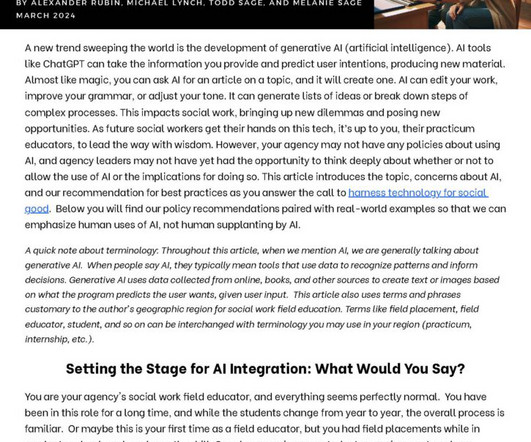
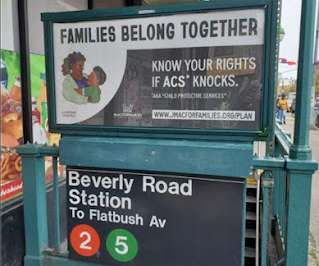
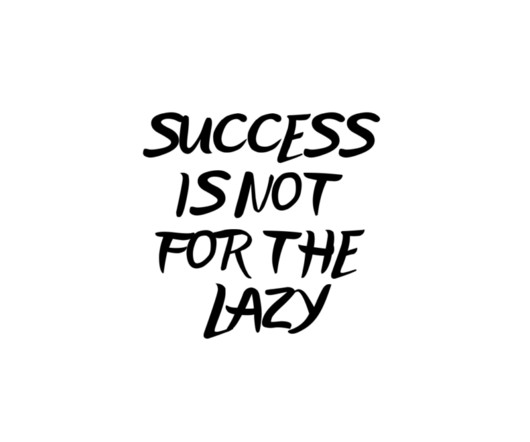
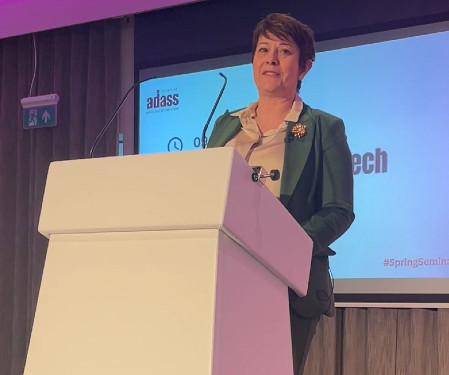
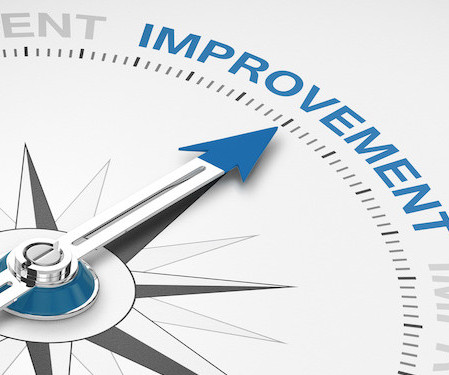




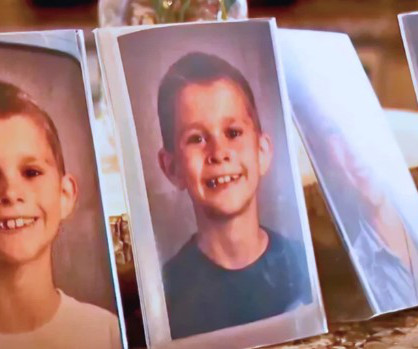




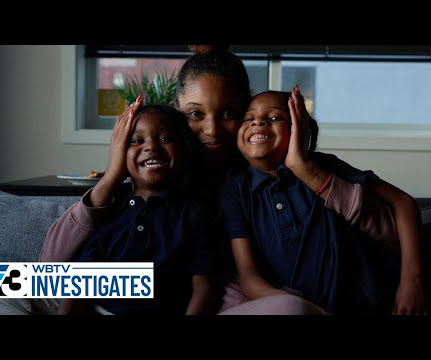




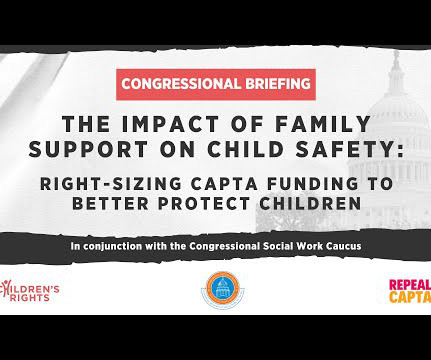






Let's personalize your content